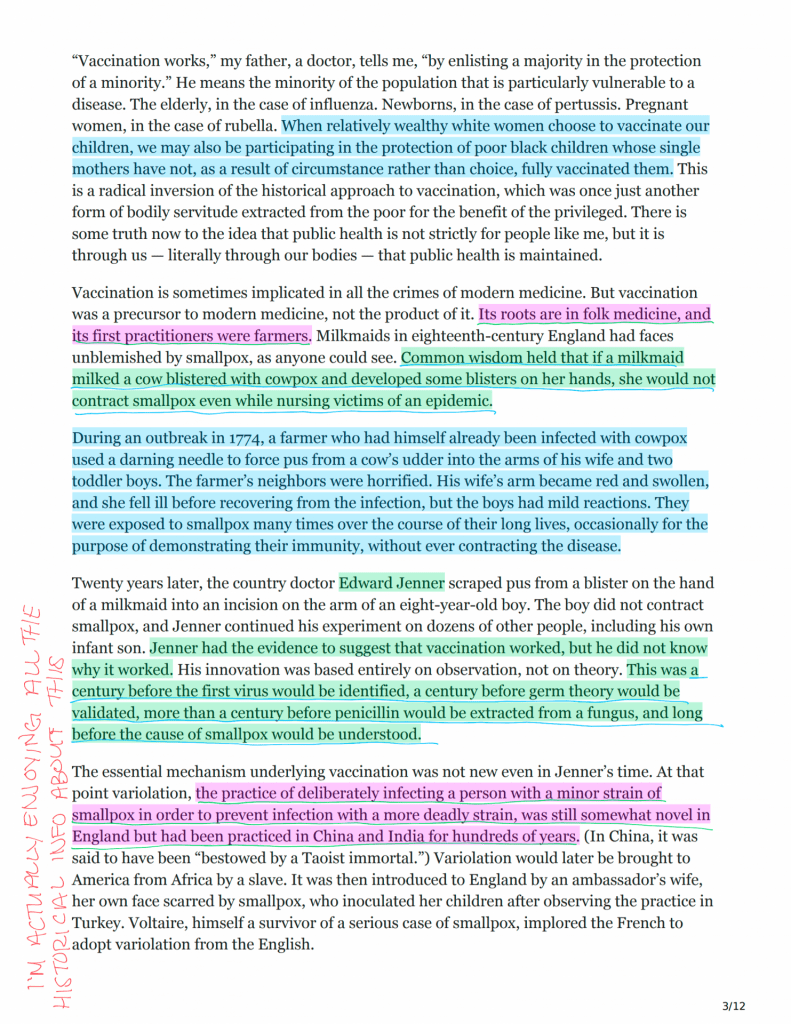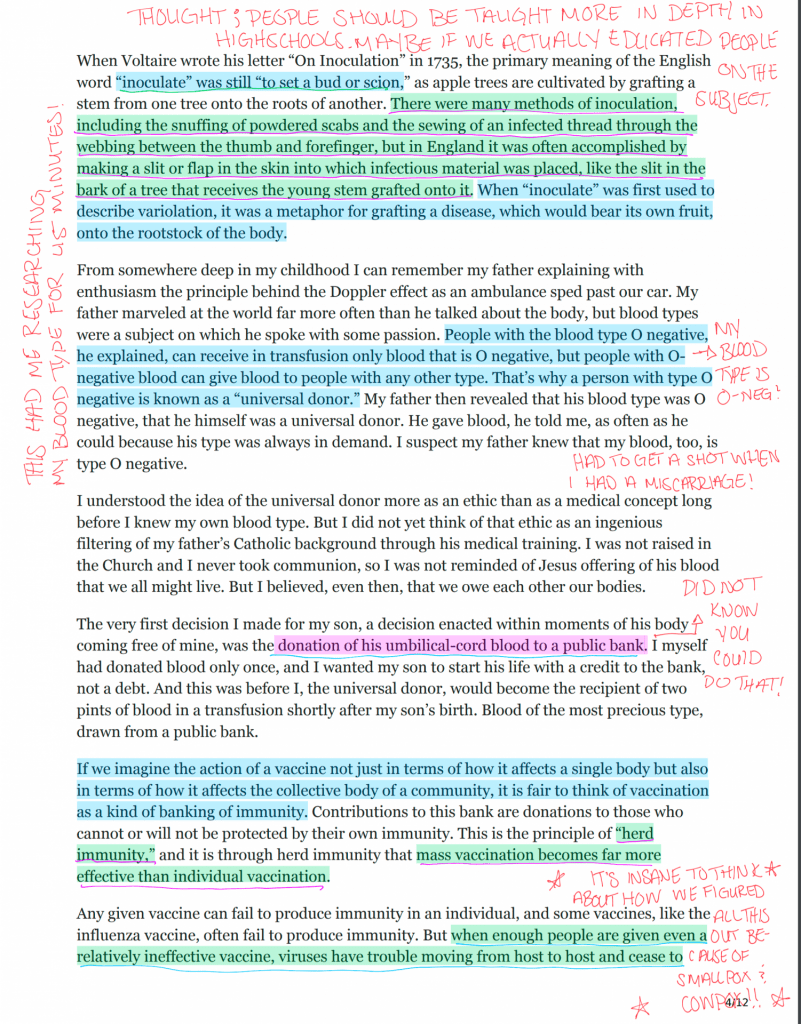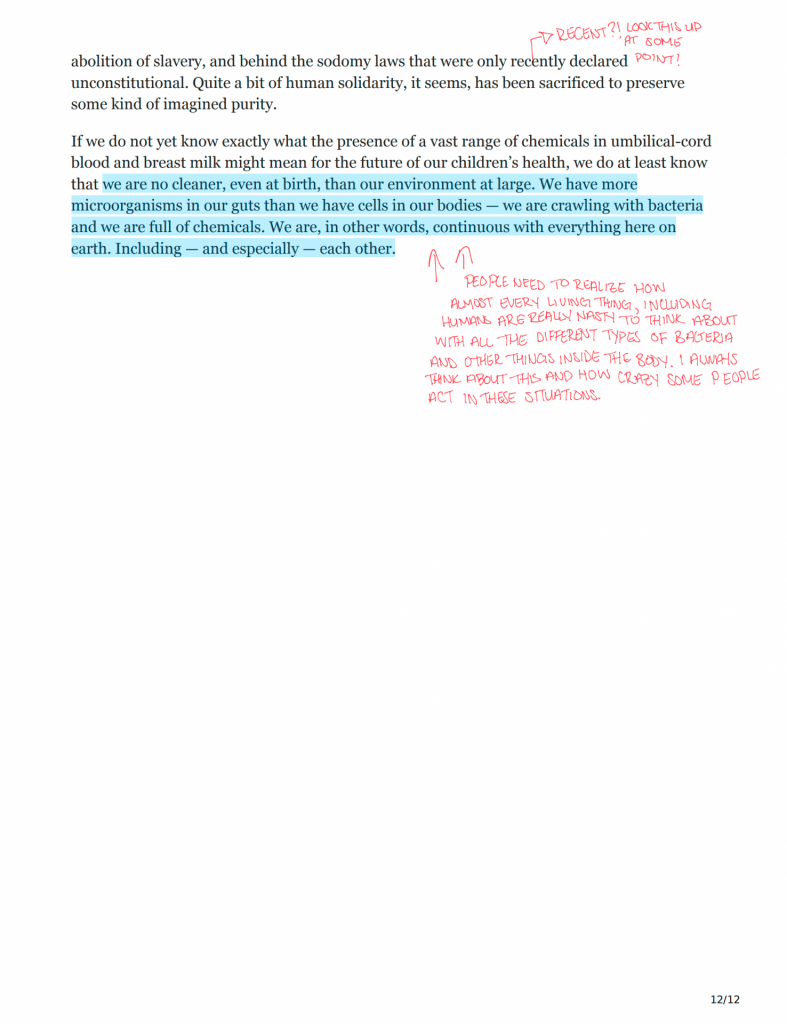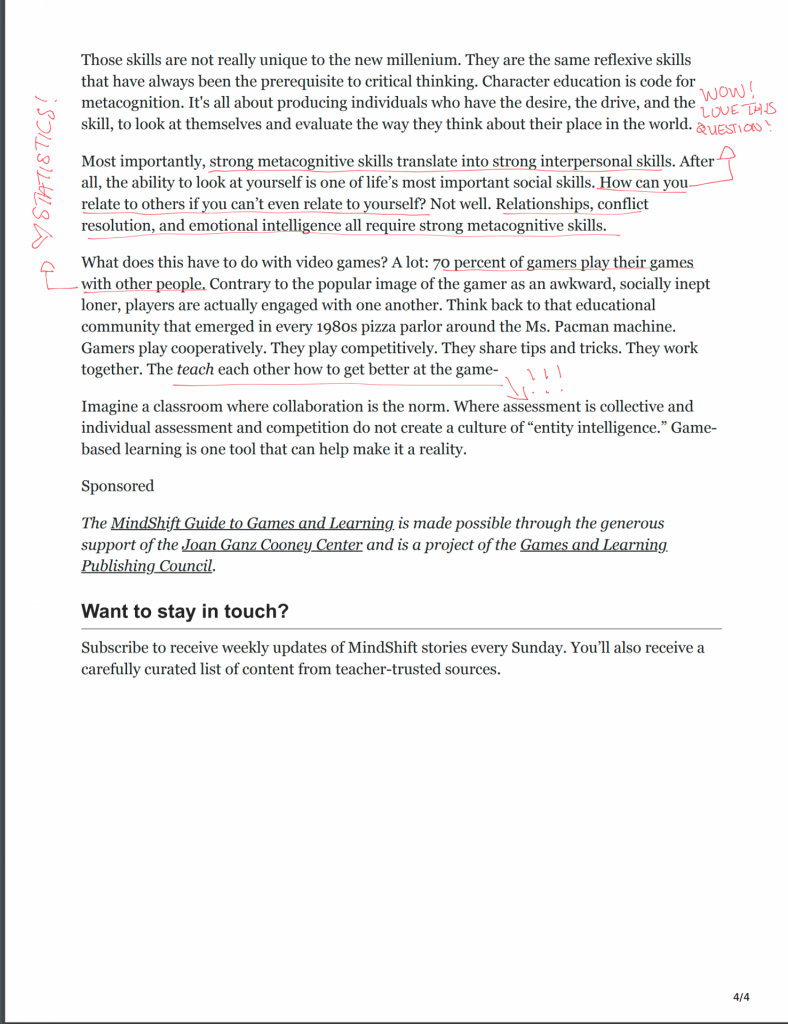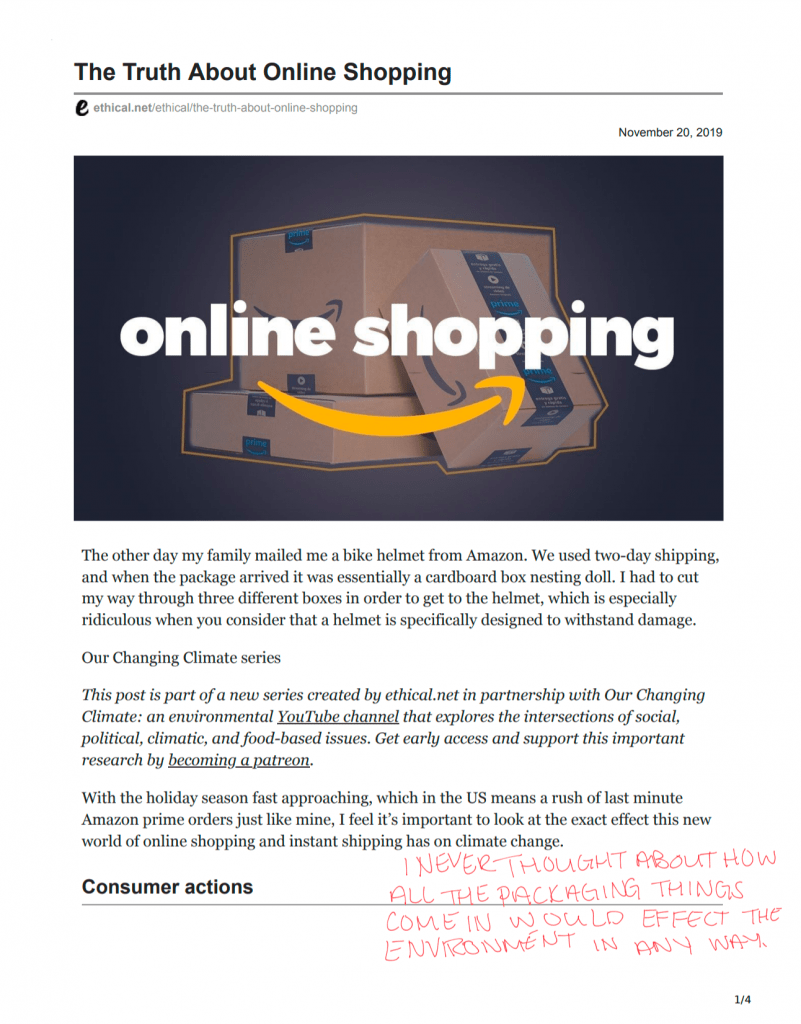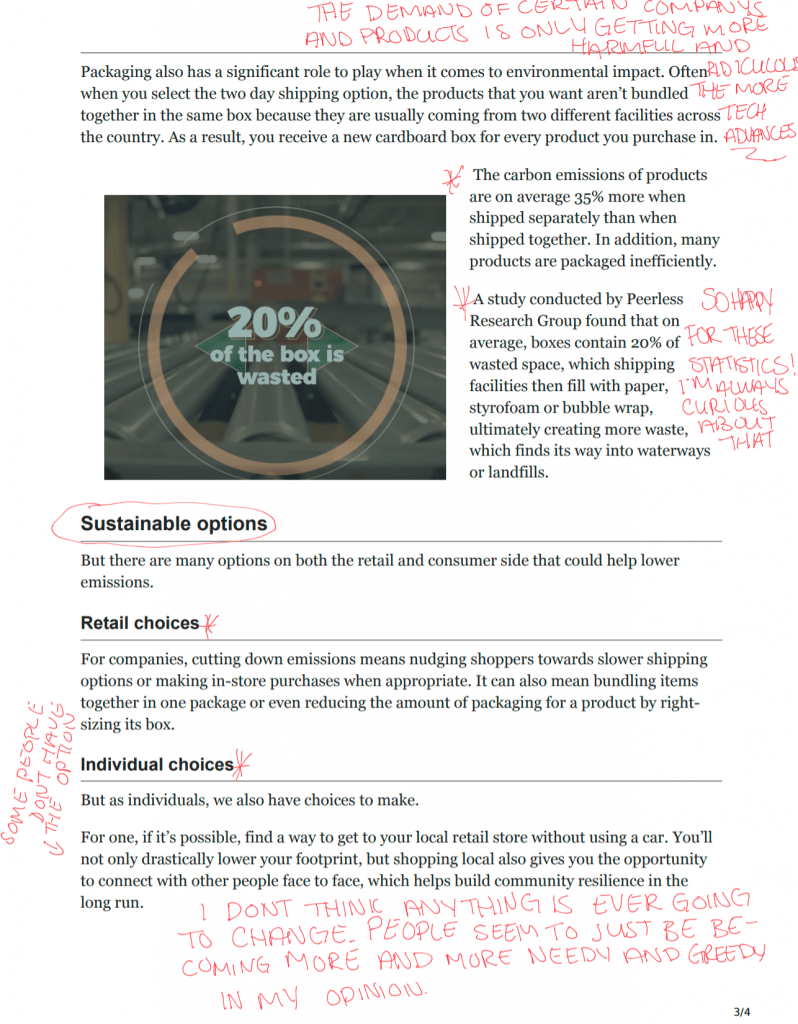Annotated Bibliography
DuPont, Robert L. “Seizing the Moment to Improve Addiction Treatment.” American Society of Addiction Medicine, 5 Aug. 2016, www.asam.org/quality-science/publications/magazine/read/article/2016/08/05/
seizing-the-moment-to-improve-addiction-treatment.
The length of addiction treatment just isn’t long enough. The average residential stay is 30 days (about 4 and a half weeks), and what makes it harder on addicts is that there is this divide between medication assisted treatment and whether it is a desirable choice. There are people out there who do their best when they use medication assisted treatment, and it can truly save a person’s life.
Hell, Morten Ellegaard, and Anette Søgaard Nielsen. “Does patient involvement in treatment planning improve adherence, enrollment and other treatment outcome in alcohol addiction treatment? A systematic review.” Addiction Research & Theory 28.6 (2020): 537-545.
Right now, facilities use a standardized method of treatment that has been the same for well over a decade. However, we now know that each person who experiences addiction is different and might need different forms of treatment. There are various levels of severity to this disease, and patients should be allowed to have a say in what types of treatment they are getting. Each person is going to interpret their addiction differently and have different underlying reasons for why they became addicted in the first place.
Hoffman, Kim A et al. “Improving quality of care in substance abuse treatment using five key process improvement principles.” The journal of behavioral health services & research vol. 39,3 (2012): 234-44. doi:10.1007/s11414-011-9270-y
There needs to be a change in the way some of these facilities are run. Many addicts have said that a lot of these facilities are like jail. There needs to be someone that overlooks the changes. and guides these places into being more welcoming for addicts. The more uncomfortable one feels, the less likely they are going to want to be there or ever go back. They also need more educated people employed at these places. Most of the time the patients are left sitting around all day. Boredom is one of the biggest enemies of an addict.
Levitt, E. E., et al. “Optimizing screening for depression, anxiety disorders, and post-traumatic stress disorder in inpatient addiction treatment: A preliminary investigation.” Addictive Behaviors 112 (2021): 106649.
Many if not most addicts have other underlying mental health issues. These issues can be one of the things to cause relapse after treatment. Treatment facilities should start accommodating for that and help them seek treatment for these other problems that are being masked by addiction.
McLellan, A. Thomas. “Have we evaluated addiction treatment correctly? Implications from a chronic care perspective.” Addiction 97.3 (2002): 249-252.
There is a fundamental problem with the structure and length of treatment. Addiction should be treated just like any other chronic illness. The treatment would not end until it was back to a point of normal functioning. There is a reason relapse is so extremely common in this disease, and it might be the way we treat it. Therefore, the outdated curriculum does not seem to be highly effective.
Smyth, Bobby P., et al. “Lapse and relapse following inpatient treatment of opiate dependence.” Ir Med J 103.6 (2010): 176-9.
It goes to show how dangerous relapse can be, and how ineffective these short-term stays are for addicts. There have been multiple studies done but still, use the same methods from years ago.
Stevens, Laura, et al. “Impulsivity as a vulnerability factor for poor addiction treatment outcomes: a review of neurocognitive findings among individuals with substance use disorders.” Journal of substance abuse treatment 47.1 (2014): 58-72.
One important thing that is overlooked at these facilities is the neurocognitive aspects of the disease. This can be things the brain controls such as impulsivity or the pleasure felt from instant gratification. These places do not consider these things to be a crucial factor when these are some of the massive things to bring an addict back into their old behaviors.
Symonds, Lisa Jo. “Childhood trauma, addiction & a modernized approach to treatment.” Life Research 3.4 (2020): 176-182.
95% of addicts report childhood trauma. This is surprising since they don’t offer trauma counselors while in a residential facility. Not only does childhood trauma lead to addiction but it also leads to other comorbid mental illnesses,
White, William L., et al. “It’s time to stop kicking people out of addiction treatment.” Counselor (Deerfield Beach, Fla.) 6.2 (2005): 12.
Administrative discharge can seriously hurt an addict, more than it will ever help them. Facilities should be equipped to handle any behavioral problems or normal addictive behavior. These people should not be let back out onto the streets in a vulnerable position like that.


